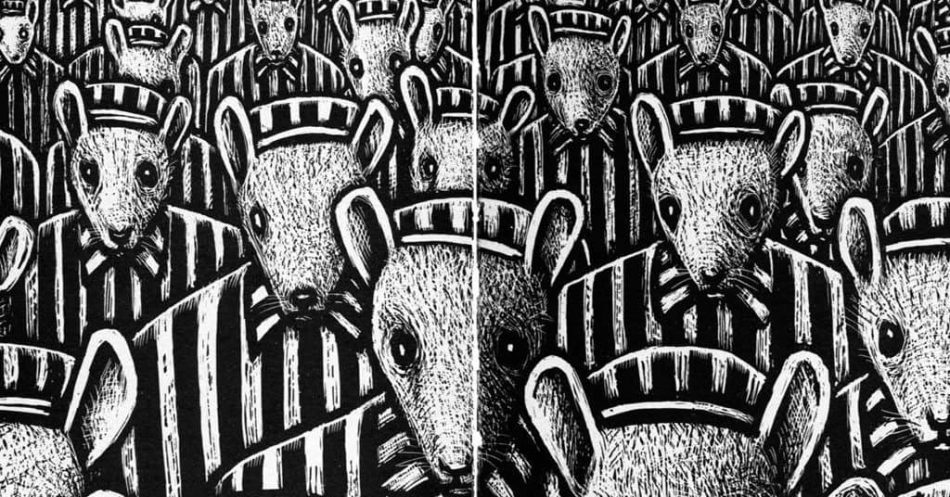Comic books are no longer simply for superhero fans and Sunday morning chuckles. Young activists are getting involved in the fight against climate change and social injustice, and comic books are becoming a powerful tool in the battle.
Comic books are accessible resources for teaching kids about difficult topics, and the use of imagery can help convey sentiments that words alone may not be able to. Art Spiegelman’s “Maus,” became the first Pulitzer Prize-winning graphic novel in 1992 for its accurate, yet the easily-digestible, depiction of his father’s experience during the Holocaust.
The medium has been written off in the past as non-academic or overly simple, but an increase in thought-provoking and educational comic books has elevated the status of these publications in spaces of learning. Here are some suggestions by category for highly educational and accessible comic books across a range of social topics.
The graphic novel memoir “They Called Us Enemy,” was created by George Takei and illustrator Harmony Becker to share about his family’s experience in Japanese internment camps during World War II. “New Kid” by African American author and illustrator Jerry Craft won a Newbery Medal for its depiction of the feelings of isolation that children of color can feel in predominantly white schools.
In “Hey Kiddo! How I Lost My Mother, Found My Father, and Dealt with Family Addiction,” author Jarrett Krosoczka normalizes his dysfunctional home life through words and images that specifically explain addiction and mental illness to children.
Climate change can be a point of both high anxiety and activism for kids. The graphic anthology “Wild Ocean: Sharks, Whales, Rays, and Other Endangered Sea Creatures” dives deeper into the impact of climate change on endangered species and helps children gain an understanding of, and a feeling of autonomy over, their role in climate change mitigation.
Lastly, “Escape from Syria,” was created by foreign correspondent Samya Kullab and illustrator Jackie Roche to better explain the Syrian refugee crisis and how it is impacting families and children.
There are many many more examples of eloquent, high-quality comic books that explain topics such as violence, gender identity, and bigotry via a more easily understood medium. These powerful combinations of words and illustrations help children connect to characters that represent critical social issues and feel more empowered in the face of crisis.












